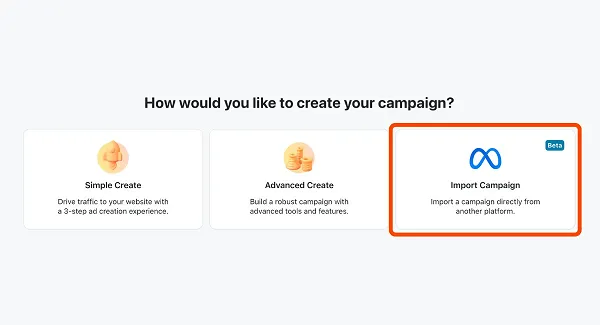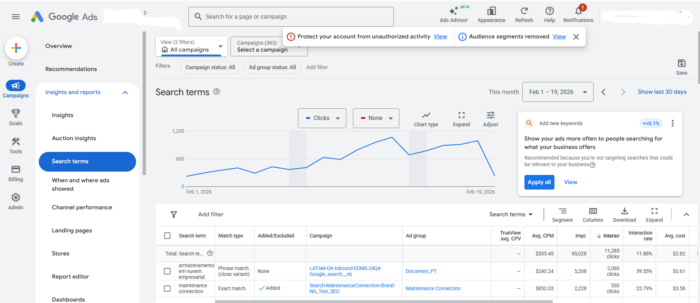Why Rank Tracking is Losing its Place in SEO Strategy
Rank tracking has been a standard metric in SEO for years, but as search engines and user behaviour change, it’s worth questioning whether it still holds the same value. Should rank tracking remain a focus, or is it time...

Rank tracking has been a standard metric in SEO for years, but as search engines and user behaviour change, it’s worth questioning whether it still holds the same value. Should rank tracking remain a focus, or is it time to rethink what success looks like in SEO?
The Current State of Rank Tracking
Rank tracking tools are facing new challenges in 2025. Google’s changes, such as JavaScript-rendered content and anti-scraping technology, are making it harder for third-party tools to function as they once did. These updates are a reminder that SEO is about more than just tracking rankings, it’s an opportunity to focus on metrics that provide a clearer picture of performance.
Why Rank Tracking Has Limitations
Rank tracking doesn’t reflect how search results work today. Personalisation, location-based results, and daily ranking changes mean that what one person sees in search results may be entirely different for someone else.
Focusing on specific ranking positions, which for some websites fluctuate daily, is like trying to learn from a moving target. This is why rank tracking works better as a general guide rather than a definitive metric. It shows a trend, but not the whole story.
Why Organic Traffic Deserves More Attention
For many, organic traffic is a more reliable way to measure success. It reflects real growth, and actual visits to your site from search queries, rather than focusing on a handful of keywords.
By analysing overall traffic and patterns from various keywords, SEOs can better understand how their efforts are driving results. Given Google’s algorithm changes and frequent ranking fluctuations, placing too much importance on rankings can lead to wasted effort.
When Rank Tracking Still Has Value
That said, rank tracking isn’t entirely obsolete. For businesses that rely on a small number of key terms, it can still be important. In these cases, tools like Google Search Console provide accurate data on clicks and impressions, tied to real user behaviour, which is often more actionable than data from external trackers.
For example, if a business depends on specific high-intent keywords, monitoring rankings for those terms alongside traffic and conversions can be useful. However, it should always be part of a broader strategy, not the main focus.
What’s Next for SEO Metrics
The way we measure SEO success is changing. Metrics like organic traffic, user engagement, and conversions are becoming the priority. Rank tracking is still relevant but increasingly seen as one part of the picture, not the full view.
Ultimately, SEO isn’t about where you rank, it’s about driving meaningful traffic, revenue, and long-term results. Shifting focus to more comprehensive metrics allows SEOs to deliver strategies that have a real impact. While rank tracking isn’t disappearing, its role is shifting to support more effective ways of measuring success.

 Tfoso
Tfoso 











![TikTok Content Trends to Watch in 2025: What’s Next for Creators? [Expert Insights]](https://www.hubspot.com/hubfs/Untitled%20design%20%2873%29.jpg)



















